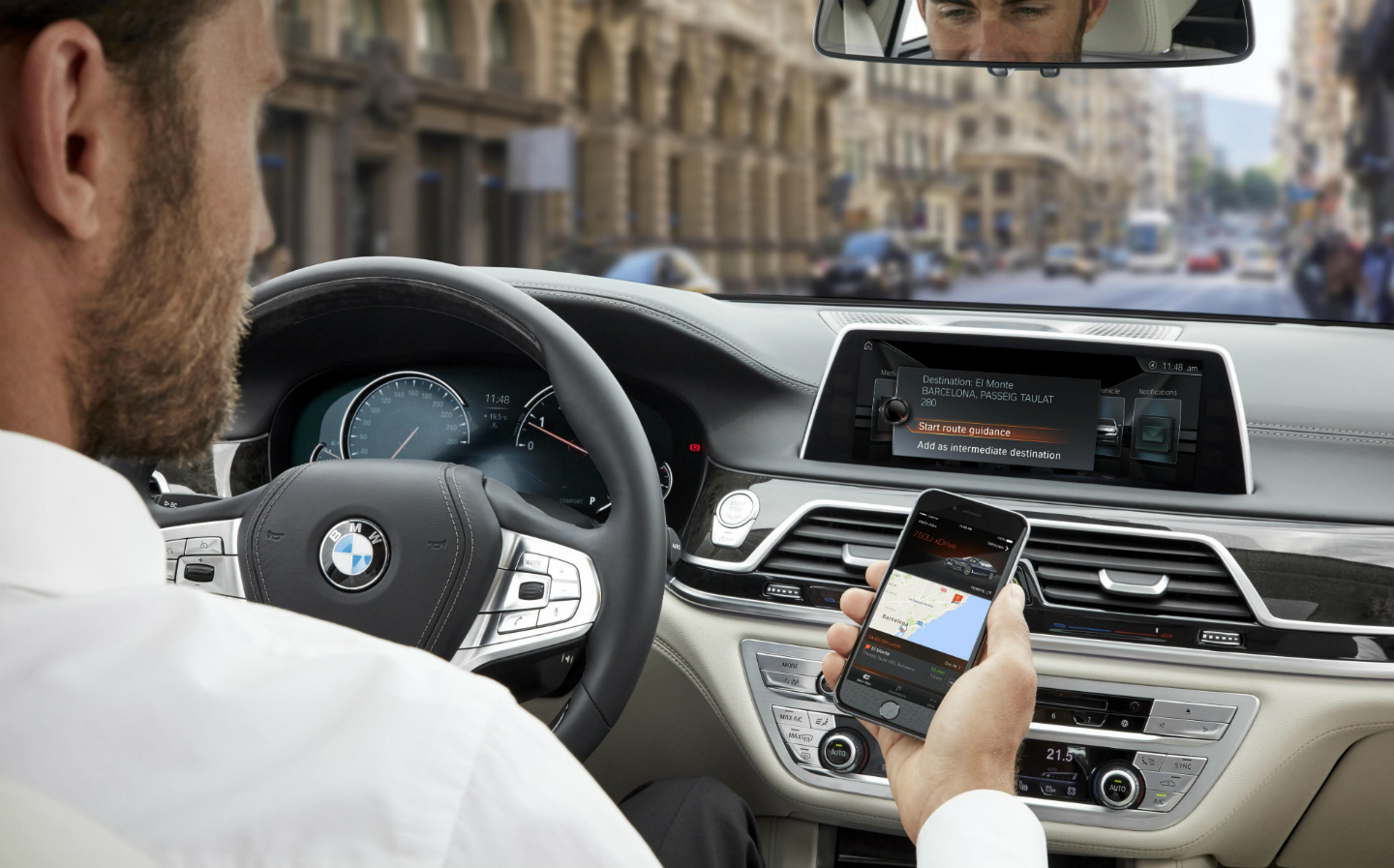Big Brother is driving you: how new cars collect data to sell
Who's watching you?
THE BEAT generation imagined disappearing into the night on an open road and countless baby boomers rejoiced in the freedom granted by a car with a full tank of petrol. “I’m on my way,” Paul Simon sang. “Don’t know where I’m going.”
None of them seems to have imagined that their car would record the journey and where they stopped for a burger in order to sell the data to fast food chains.
These details, and many others, are now gathered by 60 million cars in the United States in what is only the first phase in the steady transformation of a vehicle into a software device that can discern a driver’s weight, gender, race and everyday habits.
Browse NEW or USED cars for sale
By 2020 a quarter of a billion cars will have wireless connectivity and the capacity to transmit a wealth of data about their drivers to manufacturers, according to the research company Gartner.
“By 2021, 98 per cent of new cars will be connected,” said Lisa Joy Rosner, chief marketing officer for Otonomo, an Israeli company that is building a marketplace for car data that can be sold to app makers and other interested companies.
Otonomo says that the data is anonymised, and adjusted (some cars measure fuel in gallons, for instance, others in litres); then it can be sold. “Different weather service providers may want to know if it really is raining in Paris,” Ms Rosner said. “So… are the windshield wipers on? These are true indications of weather pattern.”
She added: “A fast food restaurant may want to know, on aggregate, the traffic patterns in real time so they can decide where to site their store, which street to have an entry on. They want to know what types of cars drive there so they can figure out the right place to put a billboard.”
Would they make a class distinction between drivers of different makes? Ms Rosner was reluctant to name brands but assumptions about drivers may be made from the kind of car they drive, and whether they were “the right people” for a certain brand, she said.
The driving data — how fast one drives, fuel consumption and battery life — is of use to car manufacturers but could be used by insurance companies. It could also help paramedics heading to a crash: car data could pinpoint the location of the accident, the force of the collision, the driver’s weight and whether they were wearing a seatbelt.
Car companies cannot track drivers or share their data without permission, Ms Rosner said, but such permission clauses are often buried deep in the terms and conditions. Ms Rosner said buyers were increasingly demanding from their car the interactive services they get from their smartphones. Drivers who shared their data could benefit from apps that tell them where to park. Manufacturers could also offer discounts to those who agreed to their data being collected, she said.
Will Pavia
This article first appeared in The Times
Beam me up: advice will be streamed to dashboards by fibre-optic cables in motorway





